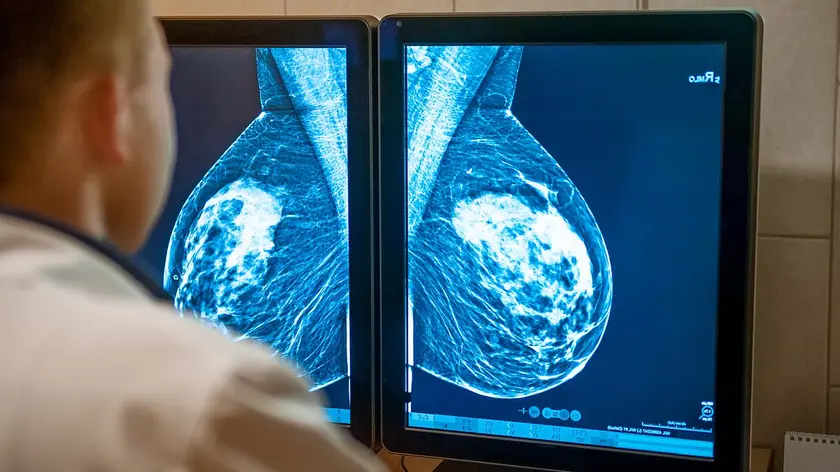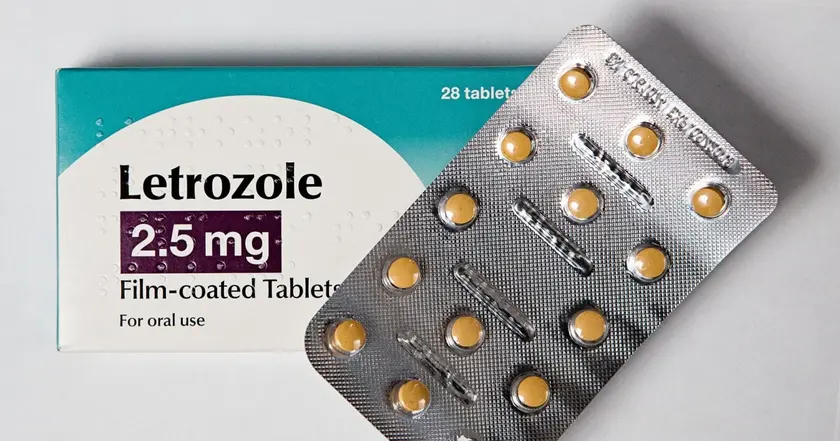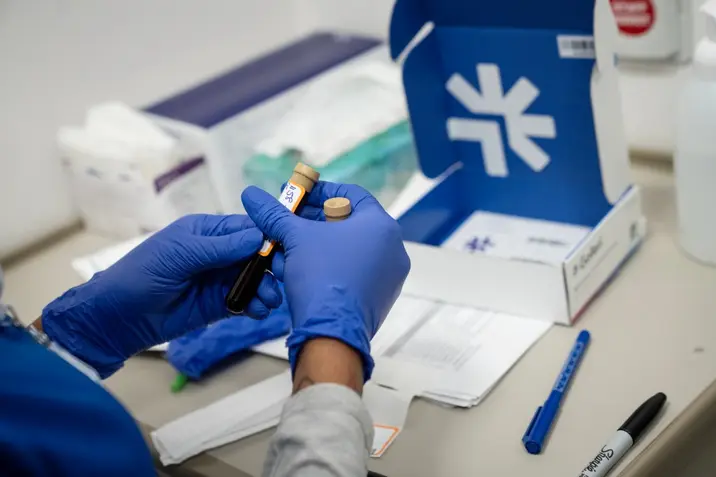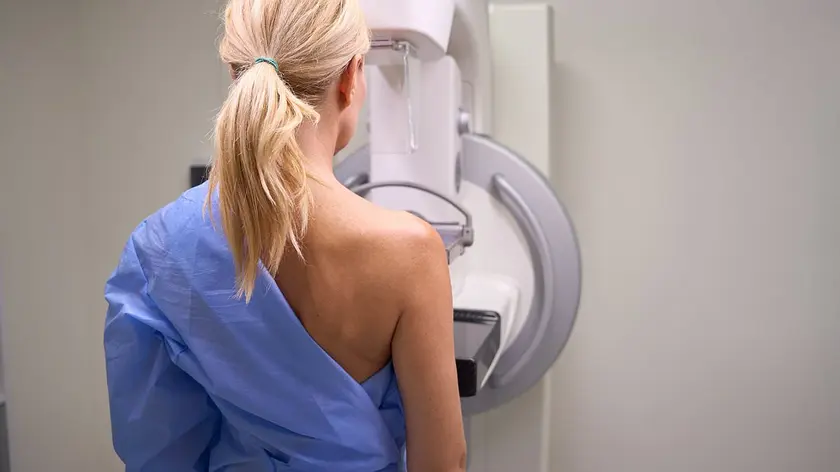T4K3.news
New risks identified for breast cancer patients with polypropylene mesh
Studies show that a type of pelvic mesh is being trialed in breast reconstruction surgeries, raising safety concerns.

The ongoing issues around polypropylene mesh raise new concerns for breast cancer patients.
Breast cancer patients face potential risks from polypropylene mesh
Jackie O'Carroll, a mother of three, suffered severe pain after having a pelvic mesh implant to treat urinary incontinence following childbirth. She later discovered that a type of surgical mesh had been used incorrectly, leading to chronic pain and a lengthy battle for proper care and recognition of her suffering. Despite recommendations from the First Do No Harm review five years ago to halt new pelvic mesh surgeries, reports show that similar mesh is now being trialed for breast cancer reconstruction. Campaigners argue that many women's needs remain unaddressed, and compensation for past harms is still lacking, with calls for increased regulatory oversight.
Key Takeaways
"The Government has dragged its feet on the most critical reforms."
Kath Sansom highlights the slow progress in addressing mesh safety issues.
"To have this little progress five years on is hugely disappointing."
Sharon Hodgson reflects on the lack of action since the First Do No Harm report.
"Like with infected blood, it's getting dragged out for so long that any redress will go to my children, not me."
Jackie O'Carroll expresses her concern over delays in compensation.
"Our sympathies are with those affected, and we are focused on supporting patients."
The Department of Health acknowledges the ongoing harm caused by pelvic mesh.
The ongoing use of polypropylene mesh in medical procedures highlights significant regulatory gaps within healthcare systems. Women like Jackie O'Carroll have suffered long-term consequences from inadequate oversight and insufficient follow-up care. The introduction of similar materials into breast cancer surgery raises urgent questions about safety and the ethical responsibilities of healthcare providers. As more women undergo these procedures, the potential for future harm remains a pressing issue that authorities must address swiftly and transparently.
Highlights
- Patients deserve truth and transparency about mesh risks.
- Compensation for victims is stuck in a bureaucratic nightmare.
- The need for safety in surgeries has never been more urgent.
- Healthcare must prioritize patient welfare over unexplored procedures.
Potential risks associated with polypropylene mesh
New trials involving polypropylene mesh in breast surgeries raise concerns about patient safety, reflecting ongoing regulatory inadequacies in the healthcare system. Women previously harmed by similar implants face uncertainty and delays regarding compensation.
The challenges surrounding mesh implants remind us of the critical need for patient safety and accountability.
Enjoyed this? Let your friends know!
Related News

New breast cancer test shows promise

Emerging research links cancer drugs to Alzheimer’s treatment

Rising cancer rates in young women

Rush begins offering new cancer detection blood test

New pancreatic cancer early warning sign discovered

Study Shows Viruses Can Reactivate Breast Cancer

New study suggests mastectomy could prevent thousands of breast cancer cases

Common viruses may reactivate dormant cancer cells
